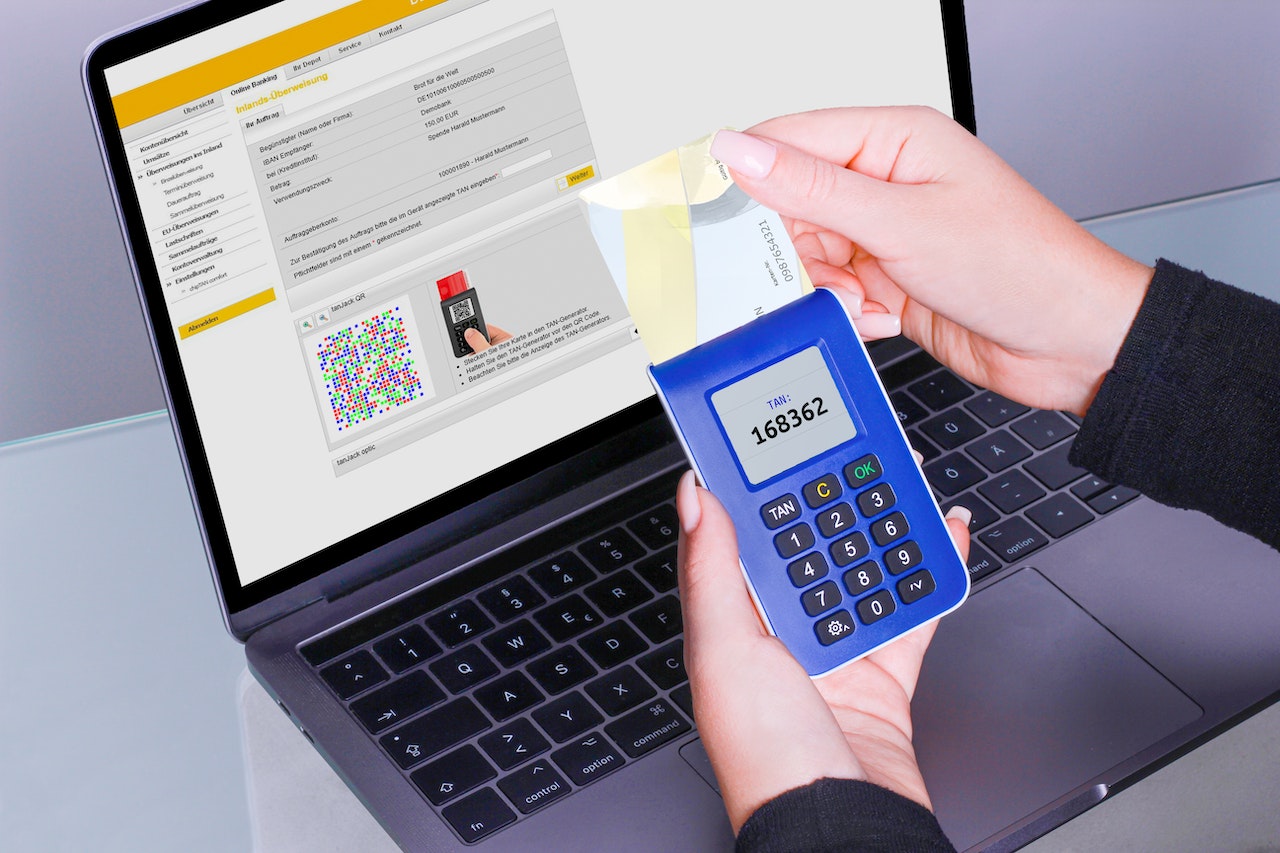At WEB DESIGN 4 BUSINESS we don’t just design websites, we launch them with a full security concept.
In the ever-expanding realm of the digital landscape, where WordPress websites have become the cornerstone of online presence for businesses, individuals, and organizations alike, the importance of robust website security cannot be overstated. As the gateway to your brand’s digital identity, a WordPress website must be safeguarded against a myriad of potential threats, from cyberattacks to data breaches. In this comprehensive exploration, we delve into the essential elements of best practice WordPress website security, illuminating the strategies and measures that fortify your digital fortress and ensure a safe and seamless online experience.
**1. Up-to-Date Software and Plugins:
The foundation of any secure WordPress website lies in the consistent updates of its core software and plugins. Regular updates often include security patches that address vulnerabilities discovered since the last release. Ensuring that your WordPress installation, themes, and plugins are up-to-date reduces the risk of exploitation by cybercriminals seeking to capitalize on outdated software.
**2. Strong and Unique Passwords:
The adage “password is your first line of defense” holds true in the digital realm. Admin and user passwords should be robust, unique, and challenging to decipher. Implementing a combination of uppercase and lowercase letters, numbers, and special characters significantly enhances password strength. Encouraging users to adopt strong passwords and utilizing tools like password managers can prevent unauthorized access.
**3. Two-Factor Authentication (2FA):
Two-Factor Authentication adds an additional layer of security by requiring users to provide a second form of authentication beyond their password. This can include a temporary code sent to their mobile device or email. 2FA effectively mitigates the risk of unauthorized access, even if passwords are compromised.
**4. Web Hosting Security:
Selecting a reputable and security-conscious web hosting provider is fundamental. A hosting provider that prioritizes security, offers regular backups, and employs firewalls can significantly bolster your website’s defenses against attacks.
**5. Regular Backups:
Regularly backing up your WordPress website is akin to creating a safety net. In the event of a cyberattack or data loss, backups allow you to restore your website to a previous state, minimizing downtime and potential data loss. Automated backups scheduled at intervals ensure you’re prepared for any unforeseen circumstances.
**6. Firewalls:
Implementing a web application firewall (WAF) provides a strong barrier against malicious traffic. A WAF filters out suspicious requests and helps prevent hacking attempts, SQL injections, and cross-site scripting attacks.
**7. Secure Socket Layer (SSL) Certificate:
An SSL certificate establishes a secure and encrypted connection between your website and its visitors. This is particularly crucial for websites that handle sensitive information, such as login credentials or payment details. An SSL certificate is also a factor in search engine ranking algorithms.
**8. Limit User Permissions:
Assigning appropriate user roles and permissions is vital to restricting access to sensitive areas of your website. Not every user needs administrative privileges. Limiting permissions minimizes the potential for unauthorized changes or data breaches.
**9. Monitoring and Scanning:
Regularly monitoring your website for suspicious activity and performing security scans can help detect and address vulnerabilities early. Utilize security plugins or third-party services to scan for malware, viruses, and other potential threats.
**10. Content Management and Cleanup:
Regularly review and remove outdated or unnecessary themes, plugins, and user accounts. Unused elements can become potential entry points for cyberattacks. Clean code and streamlined content management contribute to a more secure environment.
**11. Security Plugins:
Leverage reputable security plugins designed specifically for WordPress. These plugins offer features like malware scanning, firewall protection, and login attempt monitoring, enhancing your website’s security posture.
**12. Regular Security Audits:
Conduct periodic security audits of your WordPress website to identify potential vulnerabilities. Engaging professional security experts can help you uncover hidden risks and develop strategies to mitigate them.
In a digital landscape fraught with cyber threats, a proactive and comprehensive approach to WordPress website security is non-negotiable. By implementing the essential elements of best practice security, you can safeguard your online presence, protect sensitive data, and provide visitors with a safe and seamless browsing experience. As technology continues to evolve, remaining vigilant and adaptable in your security measures ensures that your WordPress website remains a beacon of trust and reliability in an ever-changing online world.
